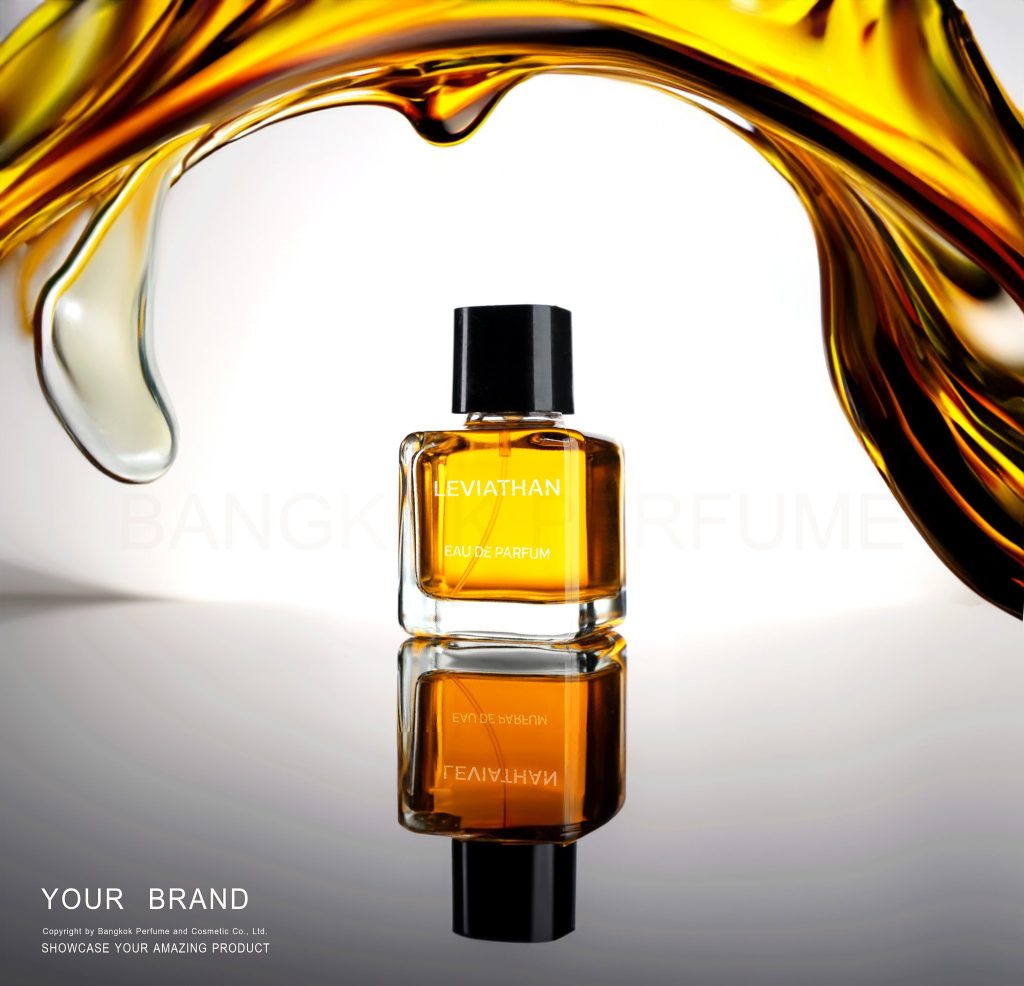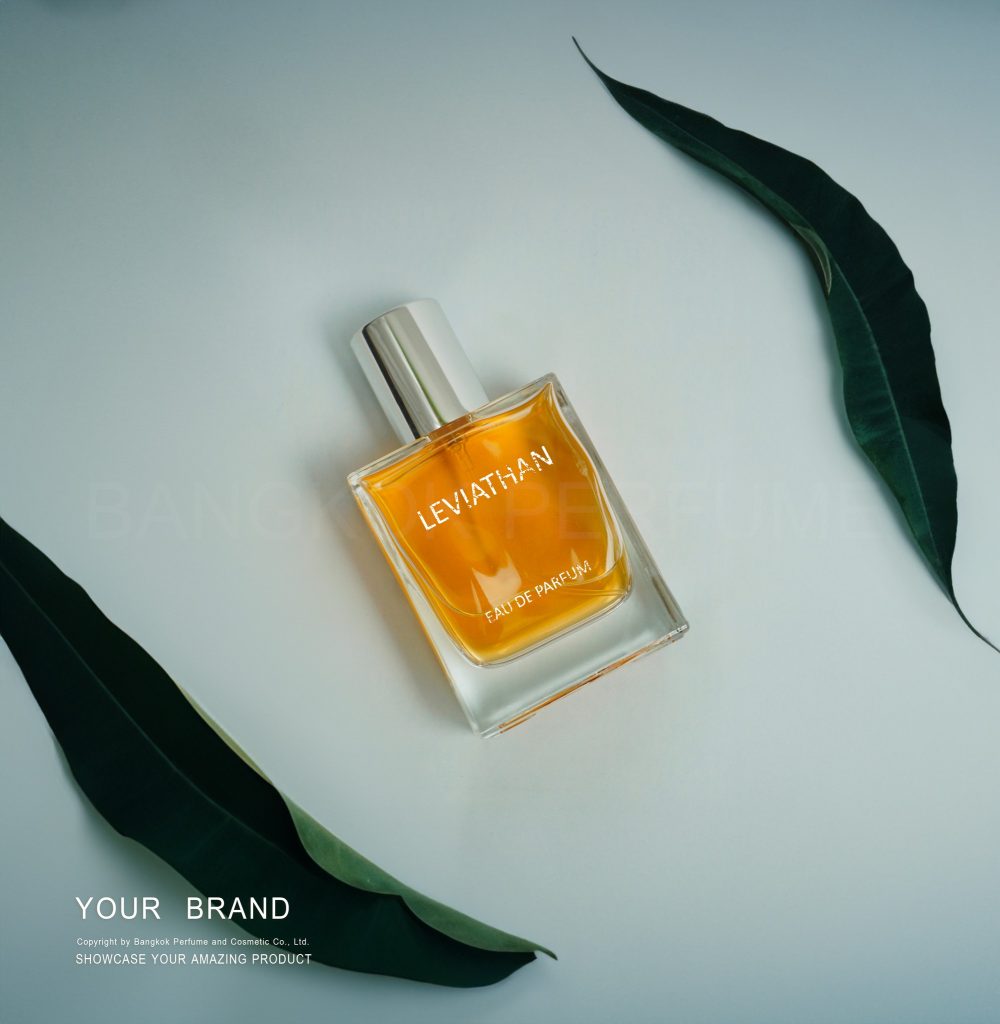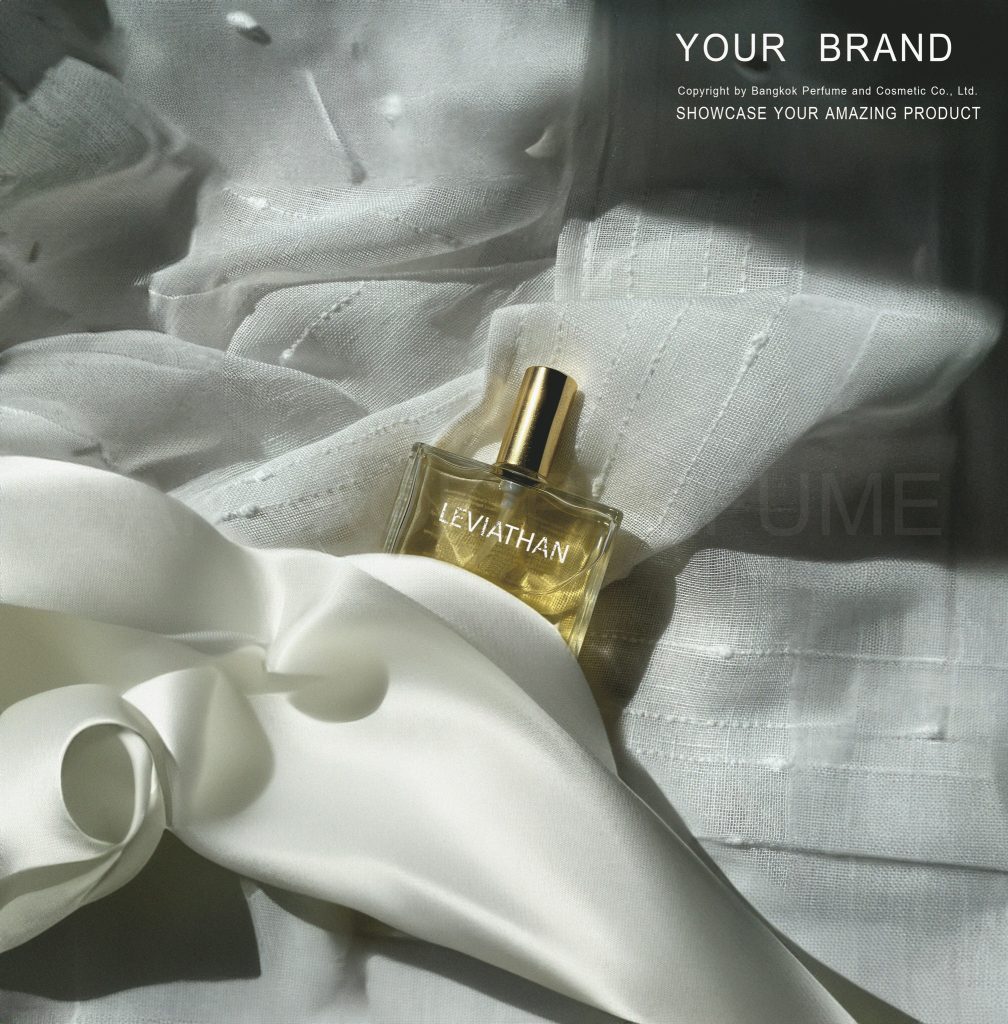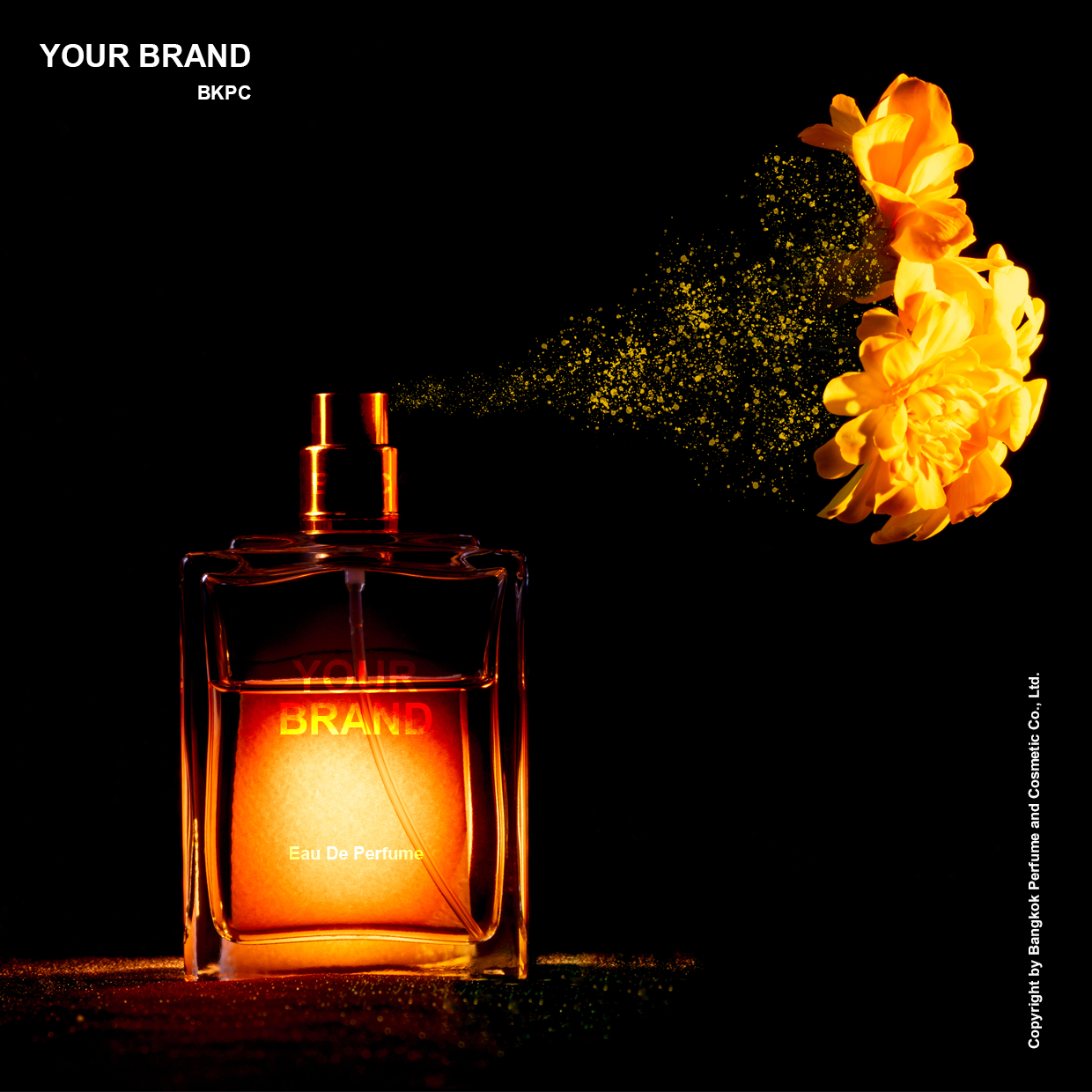The natural scent and emotion



Bangkok Perfume
We are experts in the production of perfumes and fragrances, dedicated to developing and creating high-quality products. By carefully selecting premium raw materials from both domestic and international sources, we aim to deliver an exceptional experience to our customers.
Founded on June 29, 2016, our company specializes in providing OEM (Original Equipment Manufacturer) production services for clients in Thailand, including leading hotels and hospitals.
In addition to producing products under our own brand, we collaborate with clients to develop products under their brands, both domestically and internationally. Our product range includes perfumes, fragrances, and souvenirs for special occasions such as weddings and ceremonial events.
With a production capacity of over 100,000 pieces per month, we are ready to meet all customer demands. We continually innovate and develop new products to create modern solutions that align with the lifestyle needs of our consumers.
Because we believe that “Quality is at the heart of everything we do,”
Bangkok Perfume and Cosmetic is proud to be a part of creating outstanding and lasting fragrance experiences for everyone.
“Let scents create lasting impressions with us.”

The History of Perfumes
The history of perfume dates back thousands of years and began as a sacred art used in religious rituals, worship, and creating fragrances for relaxation and enhancing personal charm.
The Early Era of Perfumery
1. Mesopotamia
Around 4,000 BCE, the Mesopotamians were among the first to document the use of natural aromatic substances such as resin, herbs, and flowers in religious ceremonies dedicated to their gods.
2. Ancient Egypt
Perfume played a significant role in ancient Egyptian culture, particularly in religious rituals like worship, mummification, and body decoration. Popular fragrances included resins (such as myrrh) and aromatic oils applied to the body.
3. Ancient India and China
In India, perfumes were developed for use in religious ceremonies, especially incense and fragrant oils. Meanwhile, in China, flowers and herbs were used to create scents that promoted health and spiritual well-being.
4. Greece and Rome
Perfumery in these civilizations was heavily influenced by Egypt. Perfumes were used daily for beauty and hygiene. Complex perfume formulas were developed and stored in glass bottles for convenience.
The Middle Ages
• During the Middle Ages, the art of perfumery advanced significantly in the Arab world, particularly through the process of distillation, which allowed for the extraction of essential oils from plants. This method was pioneered by a Persian scientist named Al-Kindi.
• Perfumes were introduced to Europe by Arab traders and became increasingly popular.
The Renaissance Era
• During the Renaissance period (14th–16th centuries), perfumes became fashionable among European nobility, particularly in France, which emerged as the center of perfumery.
• Perfumes were produced in various forms, such as liquid perfumes (Eau de Parfum) and powdered perfumes.
The 17th–19th Centuries
• France developed its perfume industry extensively, with the city of Grasse becoming the center of flower and herb cultivation for perfumery.
• In the 19th century, synthetic fragrance compounds were invented, allowing for a wider variety of scents to be produced.
The art of perfumery continues to evolve today, blending natural ingredients with modern technologies to create an ever-expanding array of fragrances